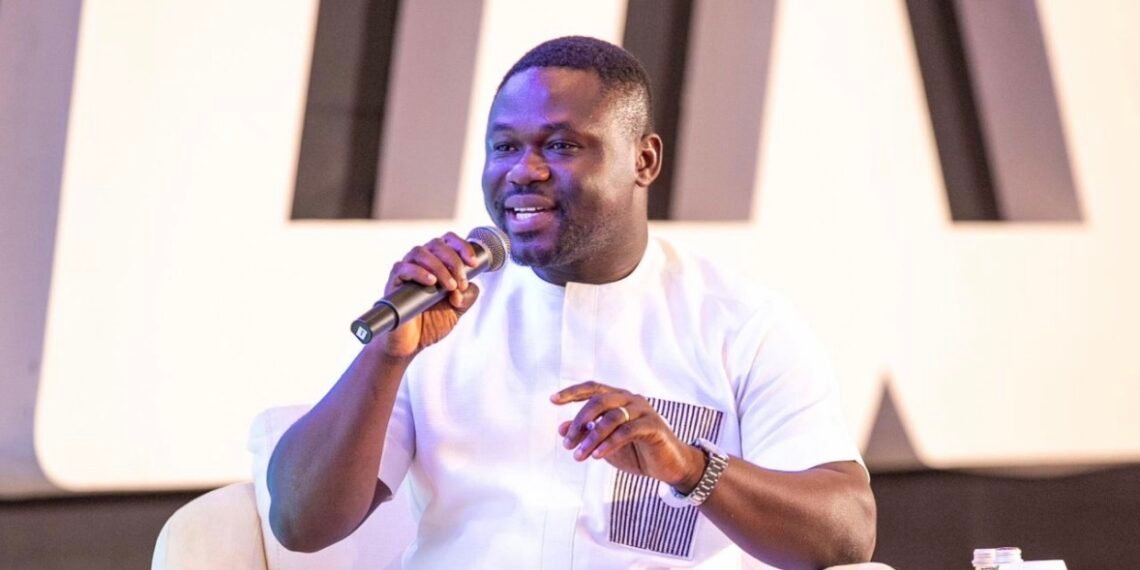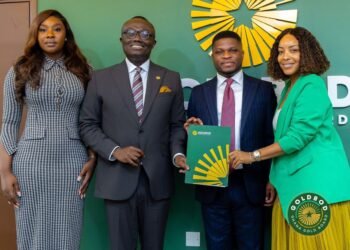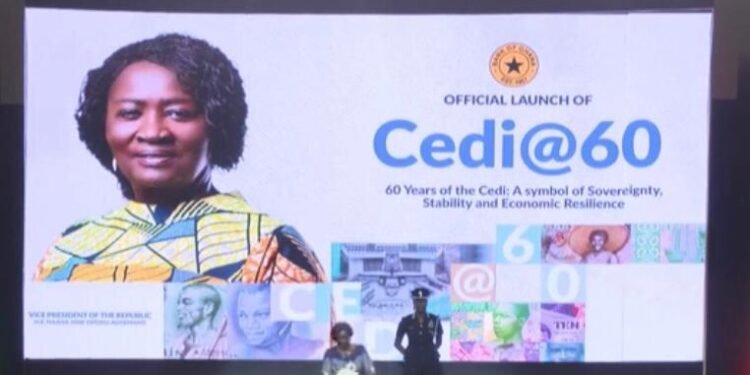Ghana’s Gold Board (GoldBod) is under mounting pressure to subject its landmark US$1 billion agreement with Stream Global TMCC, a Dubai-based commodities group, to parliamentary scrutiny.
The Memorandum of Understanding (MoU) signed, aims to transform Ghana’s artisanal and small-scale mining sector by developing more than 300 responsible small-scale mines and constructing a gold refinery.
While GoldBod has hailed the deal as a historic breakthrough for the sector, critics are questioning its legality and transparency. Mining consultant Ing. Wisdom Edem Gomashie has been one of the most vocal voices warning against what he described as a potential constitutional breach.
In an interview with The Vaultz News, Ing. Gomashie argued that the deal, given its size and implications, cannot bypass Parliament.
“This US$1 billion MoU constitutes a major international economic transaction under Article 181(5) of the 1992 Constitution.
“It therefore requires ratification by Parliament. Without this step, the agreement is unconstitutional, null and void, leaving Ghana vulnerable to litigation and possible financial losses.”
Mining consultant Ing. Wisdom Edem Gomashie
He stressed that Ghana has a long-established precedent where even relatively smaller transactions, such as mining leases, development agreements with mining companies, and state loans, are subject to parliamentary approval.
“Why then should a transaction of this magnitude, running into a billion dollars, establishing a refinery, and creating hundreds of new mines escape oversight?”
Mining consultant Ing. Wisdom Edem Gomashie
GoldBod Defends the Deal

GoldBod’s Chief Executive Officer, Sammy Gyamfi, however, defended the initiative, describing it as a “game changer” that would reposition small-scale mining as a sustainable contributor to Ghana’s economy.
“For too long, small-scale mining has been seen as a form of lottery mining, where miners take risks with little data and oversight. This initiative will change that narrative.”
Mr. Sammy Gyamfi, Chief Executive Officer of the GoldBod
According to Mr. Gyamfi, geological investigations led by the Ghana Geological Survey Authority in partnership with private firms will underpin the new model, ensuring that mining is based on accurate data and sound environmental practices.
He revealed that the Minerals Commission has already released ten blocked-out mineralized areas to the GoldBod, with additional sites expected in the coming weeks.
Transparency and Accountability Demands

Despite these assurances, Ing. Gomashie has demanded greater clarity on the specific terms of the MoU.
He raised questions about the role of Goldstream Global DMCC, the structure of ownership and management of the proposed mines, and the environmental impact assessments that must accompany the projects.
He also flagged potential financial arrangements such as off-take agreements or hedging contracts, urging GoldBod to disclose all details to avoid hidden liabilities.
“Parliament and the people of Ghana must be informed as soon as possible.
“This is not just about signing documents; it is about safeguarding our mineral wealth through legality and transparency.”
Mining consultant Ing. Wisdom Edem Gomashie
The dispute highlights broader concerns about governance in Ghana’s extractive sector, particularly as the government seeks to balance attracting foreign investment with protecting national interests.
The controversy surrounding the GoldBod MoU underscores the tension between speed in deal-making and the constitutional safeguards designed to ensure accountability.
While GoldBod has clarified that the MoU is only a preliminary framework paving the way for a full commercial agreement expected by November 2025, the constitutional issues raised are likely to dominate public and parliamentary discourse in the weeks ahead.

The GoldBod deal comes at a time when gold prices remain above US$3,000 per ounce, presenting a lucrative opportunity for Ghana to expand revenues.
However, the risks of inadequate oversight are equally significant, with potential consequences for Ghana’s legal standing and investor confidence.
For stakeholders like Ing. Gomashie, the issue is less about the economic potential of the deal and more about ensuring constitutional compliance.
With the debate intensifying, the fate of the US$1 billion MoU now hinges on whether Parliament asserts its constitutional mandate.
For many, the decision will signal how Ghana intends to manage its mineral wealth in an era of rising global demand for gold and heightened calls for transparency in resource governance.
READ ALSO: Investors Snub T-Bills As Government Struggles to Raise GH¢6.7bn, Settles for GH¢3.2bn























